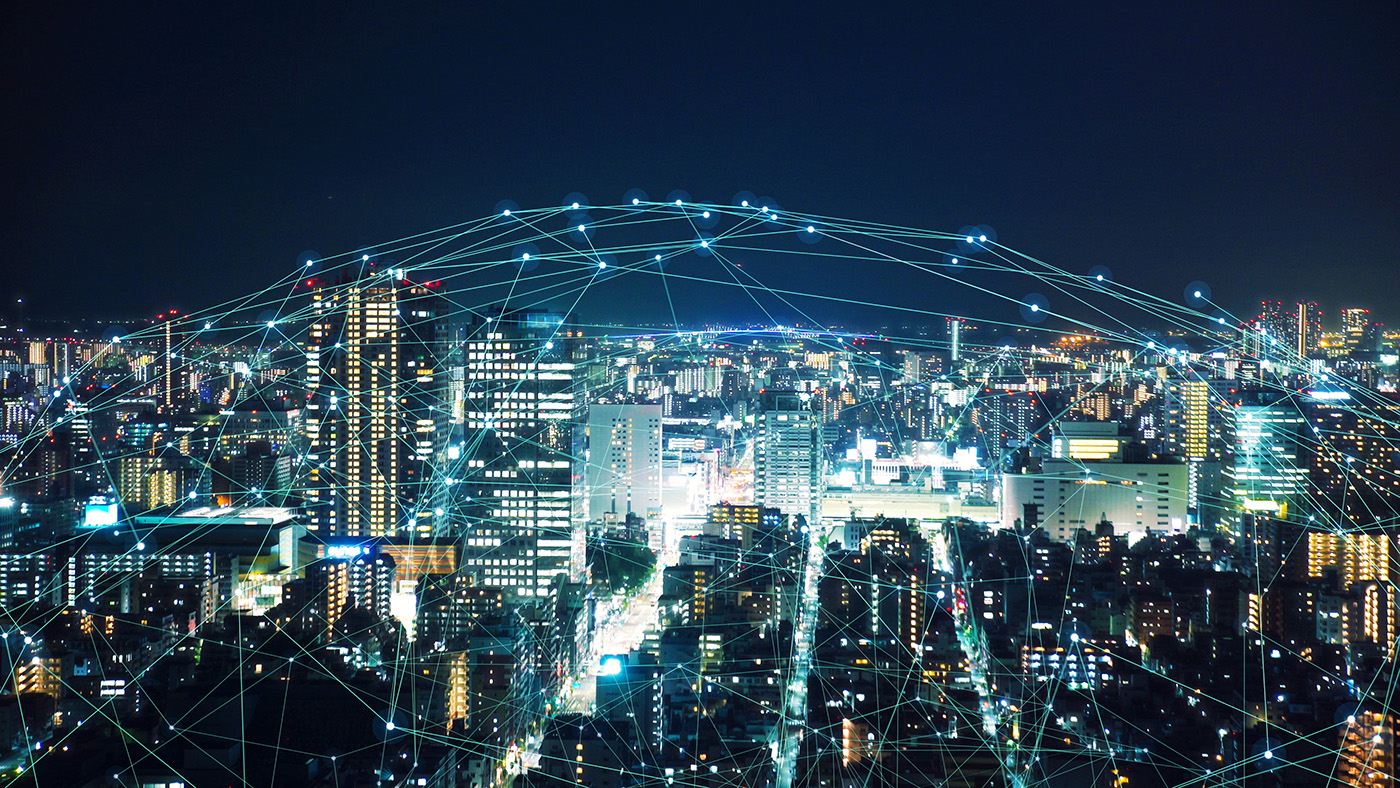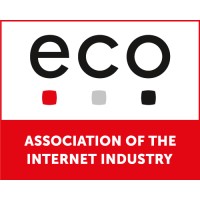Quantum Readiness for Digital Resilience
Internet pioneer Harald A. Summa explores how quantum readiness, using Post-Quantum Cryptography and Quantum Key Distribution, is essential for securing digital trust as quantum computing reshapes the digital landscape.

© berya113 | istockphoto.com
Quantum computing has long been discussed as the next major advance in information technology. What once sounded speculative, dating back to Richard Feynman’s ideas in 1981, is now becoming reality. The idea that matter at the quantum level could be harnessed for computation seemed remote to most practitioners at the time, yet decades of research have turned that speculation into functioning prototypes. What was once confined to theoretical physics and small-scale laboratory experiments is now moving into engineering roadmaps, industry investments, and government strategies.
The field has become a central focus for global competition, drawing funding from both the private sector and public programs, and shaping the research agendas of leading universities and companies. As prototypes grow more powerful and stable, the conversation has shifted from whether such machines can exist to how soon they will reach practical use and what consequences they will have for society and security. The urgency comes not only from the technical progress itself but from the global race to define who will lead in setting standards, shaping markets, and influencing governance in the digital age.
At a recent panel discussion at the Internet Security Days in Cologne on “Quantum Technology and its Contribution to (In)Security”, it became clear that we are entering a period where the opportunities of quantum technology must be balanced against its significant risks for IT security. The topic was not framed as a distant concern but as an urgent challenge that touches every layer of the digital economy. Panelists pointed out that the speed of progress in laboratories worldwide is accelerating, that international competition is fierce, and that the timeline for impact is shortening every year. The sense in the room was that we are facing both the promise of new computational capabilities and the peril of undermining the very foundations of digital trust.
Why urgent preparation is essential
Preparing for a quantum future is not only about anticipating the point when quantum computers might surpass classical ones. It is about recognizing that the pace of change is accelerating and that the consequences will be global. Developments at IBM and IonQ show how quickly practical advances are being achieved. As these technologies mature, today’s encryption methods, such as RSA (Rivest–Shamir–Adleman) and ECC (Elliptic Curve Cryptography), will eventually be broken, exposing sensitive data, communications, and infrastructures.
Investment in quantum technology is rising quickly, and the so-called “Quantum Winter” has ended. Worldwide, hundreds of research papers, prototypes, and projects are emerging each month. We are at the threshold of a new digital era, similar to the developments that Alexander Rabe described just a few months ago in On the Cusp of the Digital Revolution. Governments in the United States, Europe, and Asia are all launching initiatives to prepare, and the policies they put in place will shape global digital resilience for decades to come.
How to build quantum-safe security
Preparation must happen on two fronts: software and hardware. Post-Quantum Cryptography (PQC) is a set of algorithms designed to remain secure in the quantum era. These can be introduced through software updates but require international standards and cryptoagility – the ability to switch algorithms quickly if weaknesses are found. Examples of pilot projects in banking and telecommunications already show how PQC can be integrated without disrupting operations.
The second approach is Quantum Key Distribution (QKD), which uses quantum physics to secure the distribution of encryption keys. If a photon is intercepted in transmission, it changes state, which immediately signals interference. This makes QKD highly effective for protecting critical infrastructure, with proven use cases in aerospace, defense, and public-sector networks.
Both PQC and QKD will be required. They are not alternatives but complementary elements of a secure future architecture.
Why companies cannot delay
An eco Association survey on the impact of quantum technology shows that German companies are worried about quantum technology but many have yet to take practical action. This delay is risky and could leave vital sectors exposed. Moving to quantum-safe systems takes significant time and resources: companies must begin by identifying where and how encryption is embedded across applications, data flows, and infrastructures. They then need to develop a phased migration strategy, test compatibility with existing systems, and train staff to work with new approaches.
Hybrid solutions that combine PQC and QKD will often be necessary, especially for organizations handling sensitive or regulated data. Waiting until a defined milestone will be far too late, as adversaries may already be storing encrypted information today with the aim of decrypting it once quantum machines become powerful enough.
Internationally, companies in the United States and Asia are already working closely with government programs to pilot PQC and test QKD in real-world conditions. This underlines the urgency for European firms to act quickly if they want to remain competitive and ensure their infrastructures are not left vulnerable.
Quantum technology is also an opportunity for innovation and competitiveness. Companies that prepare early can position themselves as leaders in secure digital services, benefit from trust in the marketplace, and explore new use cases such as secure communications, advanced simulations, and optimization problems. In addition, quantum technology opens the door to entirely new business models in logistics, finance, and health care, where optimization and simulation capabilities could radically improve efficiency and outcomes.
Societal, technological, and ethical considerations
eco’s initiatives on security and sustainability, such as topDNS, AI in Practice, and the Alliance for the Strengthening of Digital Infrastructures in Germany, show how industry can collaborate on responsible approaches. These efforts illustrate that societal and ethical debates about quantum must also address the environmental footprint of quantum infrastructure, energy use in large-scale computation, and fair access to the benefits of innovation.
I also had the honor to address these themes directly at the United Nations in Geneva, where I spoke about the global implications of quantum technologies.
In my recently published white paper on Quantum Technology for the Development of Humanity with Matthias Reidans, we emphasized that the rise of quantum technologies is not only a technical milestone but also a societal and ethical turning point. Quantum computing and communication will influence how economies are structured, how states safeguard sovereignty, and how individuals experience digital trust. With such transformative potential comes the responsibility to embed ethical considerations into research, deployment, and governance. Questions of equitable access, environmental impact, and responsible use must be addressed alongside technical standards.
The technological race in quantum should not overshadow its human dimension. We must consider how education systems prepare the workforce, how regulation ensures transparency and accountability, and how international cooperation prevents misuse. By framing quantum technologies as part of a broader societal project, we can align innovation with democratic values and ethical safeguards. eco and its partners can play an important role here, by contributing expertise to international discussions and promoting responsible approaches within industry.
Building trust through quantum readiness
Strengthening trust in the quantum era cannot be achieved by individual actors alone. It requires explicit alignment with global cooperation frameworks such as those of the United Nations, the European Union, and the OECD, where standards, ethical guidelines, and long-term strategies are negotiated.
Just as the Internet became the backbone of the digital economy, quantum technology will transform computing, communication, and security. The scale of this shift will touch not only technical systems but also regulatory frameworks, business models, and the way societies think about digital trust. We must ensure that this transformation strengthens trust in the digital world instead of undermining it, and that requires both foresight and cooperation across borders.
Preparation for the quantum era must begin today. Enterprises, policymakers, and technology providers need to act together so that our systems are ready and resilient. This preparation involves investing in research, updating educational curricula, developing international standards, and sharing best practices across industries. By coordinating these efforts early, we can build confidence that the quantum transition will support stability and innovation rather than create new vulnerabilities.
📚 Citation:
Summa, Harald A. (October 2025). Quantum Readiness for Digital Resilience. dotmagazine. https://www.dotmagazine.online/issues/security-trust-compliance/quantum-readiness-for-digital-resilience
Harald A. Summa: Honorary President, founder & former CEO, eco – Association of the Internet Industry
Supervisory Board Member, DE-CIX | Executive Board Member, RIPE NCC | Chair, ISOC OMAC | Independent Director, WorldLink
Harald A. Summa is a visionary Internet pioneer with decades of international leadership experience in the Internet infrastructure and computer network operations industries. As the founding CEO of eco – Association of the Internet Industry, he played a defining role in shaping Germany’s and Europe’s Internet landscape. Harald has a proven track record of building successful ventures and organizations from the ground up, leveraging his expertise in sales, marketing, and strategic management across global markets. He is committed to fostering trust, innovation, and resilience in the digital ecosystem, placing long-term value creation and customer focus at the heart of his leadership approach.
FAQ
Why is quantum readiness urgent for cybersecurity?
Quantum computers will eventually break current encryption methods like RSA and ECC, making today's sensitive data vulnerable. Harald A. Summa warns that without preparation, entire infrastructures could be exposed to future decryption threats.
What are the two main quantum-safe approaches?
• Post-Quantum Cryptography (PQC): software-based encryption algorithms designed to resist quantum attacks
• Quantum Key Distribution (QKD): uses quantum physics to detect eavesdropping during key exchange
Both are complementary and needed to build resilient digital systems.
What is crypto-agility and why does it matter?
Crypto-agility is the ability to switch cryptographic methods quickly if flaws are found. It ensures future-proof security and supports smooth upgrades as standards evolve in the quantum era.
How can companies begin preparing for quantum-safe security?
Organizations should:
• Map where encryption is currently used
• Develop phased migration plans
• Pilot PQC or QKD implementations
• Train technical teams
Acting early helps avoid costly, rushed responses later.
What are the broader societal concerns around quantum technologies?
Quantum computing raises questions about environmental impact, equitable access, and responsible use. As Summa highlights, governance frameworks must balance innovation with transparency, sustainability, and ethical safeguards.
What role does eco – Association of the Internet Industry play in this space?
eco supports responsible quantum adoption through initiatives like topDNS and the Alliance for the Strengthening of Digital Infrastructures. The association contributes to international discussions and promotes ethical, collaborative tech development.
How does global cooperation factor into quantum readiness?
Standards and safeguards must be developed through collaboration with the UN, EU, and OECD. Without international alignment, quantum innovation risks fragmenting trust across digital societies.





